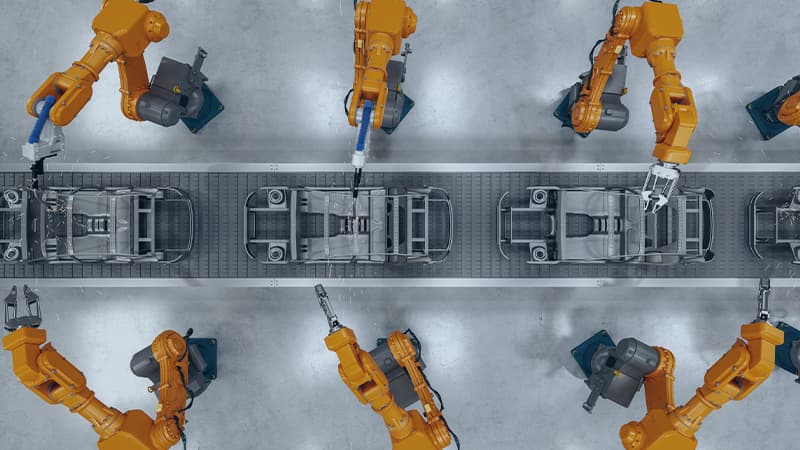How Changes to the Automotive Industry is Affecting to Procurement
May 2019
How Shifts in the Automotive Industry is Affecting Recruitment of Procurement Leaders

The automotive industry is undergoing an unprecedented transformation fueled by technological advancements, regulatory pressures, and changing consumer behaviors. From the rise of electric vehicles (EVs) to autonomous driving and car-sharing services, the evolving landscape is redefining traditional industry norms.
A Talent War for Procurement Leaders
The shift in market dynamics has spurred a new wave of recruitment challenges for procurement leadership. As automotive companies pivot to embrace innovation, the demand for high-performing procurement professionals with expertise in emerging technologies and global supply chains has surged. The competition for talent is intense, with companies scrambling to secure leaders who can navigate these disruptions and drive sustainable growth.
Procurement in automotive now demands a hybrid skill set - leaders need a strong grasp of both traditional supply chain management and cutting-edge digital tools. The need for strategic thinkers who can foster partnerships in technology-driven sectors has never been higher.
Electrification and Procurement Expertise
The boom in electric vehicles has led to heightened demand for procurement experts who specialize in electronic components. As automotive companies integrate advanced technologies like battery systems and smart connectivity into their products, sourcing specialists with a background in electronics, software development, and green technologies are highly sought after. Robson states:
Consumer electronic corporations are increasingly setting their sights on the automotive sector, this shift is creating fierce competition for talent accustomed to managing procurement in fast-paced environments where innovation is constant.
The Role of Mergers & Acquisitions (M&A)
To stay ahead in the race for autonomous vehicle technology, automotive giants are acquiring tech startups and forming joint ventures. These M&A activities require procurement leaders skilled in integrating diverse supply chains and fostering innovation through strategic partnerships.
Growth in the autonomous vehicle sector will continue to fuel demand for procurement leaders adept at navigating complex global markets and fostering collaboration between traditional automotive firms and disruptive technology players.
Shaping the Future with Flexible Recruitment Strategies
The rise of on-demand services and shared mobility models is challenging traditional vehicle sales. As these new models take hold, automotive companies must recruit procurement leaders who can think beyond conventional frameworks and design agile supply chains capable of supporting car-sharing fleets and smart city partnerships.
To attract top talent, companies are increasingly adopting flexible recruitment strategies, offering competitive packages, remote work opportunities, and clear pathways for career development. Companies need more than just a big name to attract exceptional talent. A strong, modern recruitment process that reflects the dynamic changes in the industry is essential to securing the right professionals.
The automotive industry’s evolution presents significant challenges and opportunities for procurement leadership. Companies that prioritize innovation and agility in both their supply chains and recruitment strategies will be best positioned to thrive. As the industry transforms, so too must its approach to sourcing and nurturing the next generation of procurement leaders.
This evolving landscape underscores the need for automotive businesses to remain adaptable, continually optimizing their talent acquisition strategies to maintain a competitive edge.
